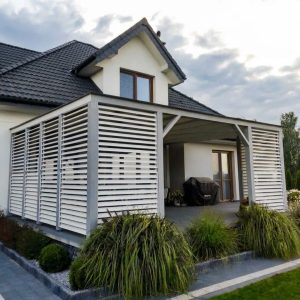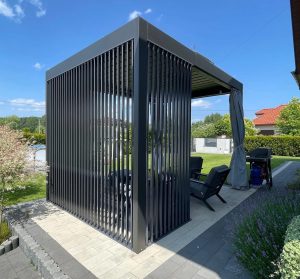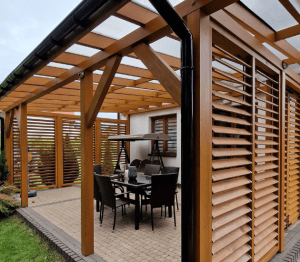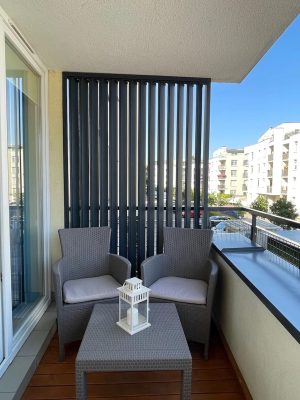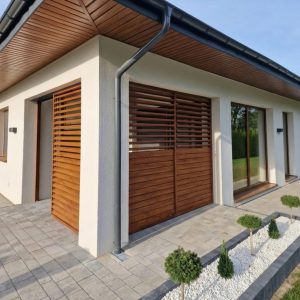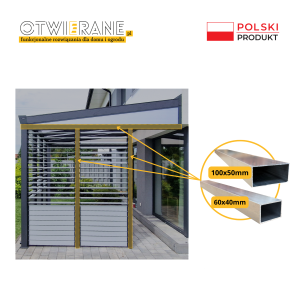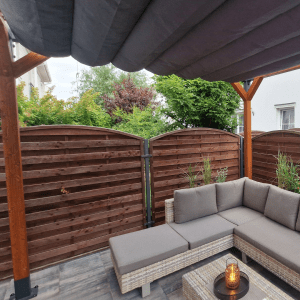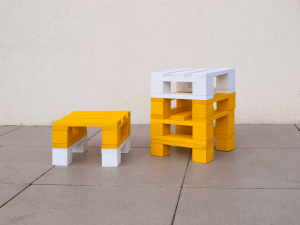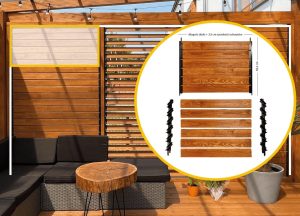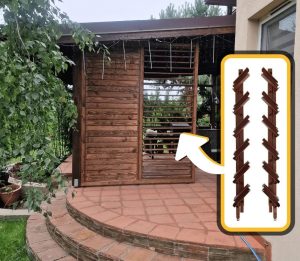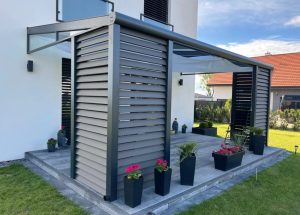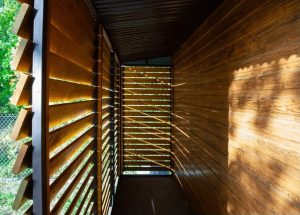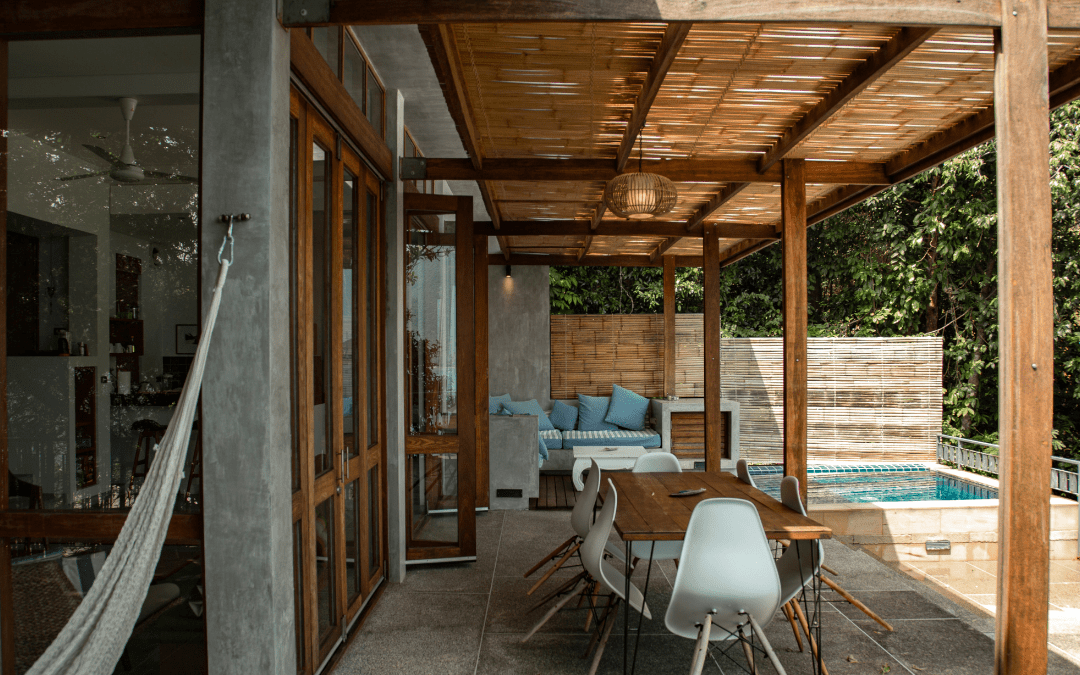
What are the disadvantages of a wooden pergola?
What are the disadvantages of a wooden pergola? Find out the 6 potential downsides before you make a decision.
Are you thinking about building a pergola and considering a timber structure? This solution certainly has its charms, but before you decide, it's worth checking out the drawbacks of a wooden pergola. Below, we discuss the most common problems you may encounter - and show you how you can remedy them.
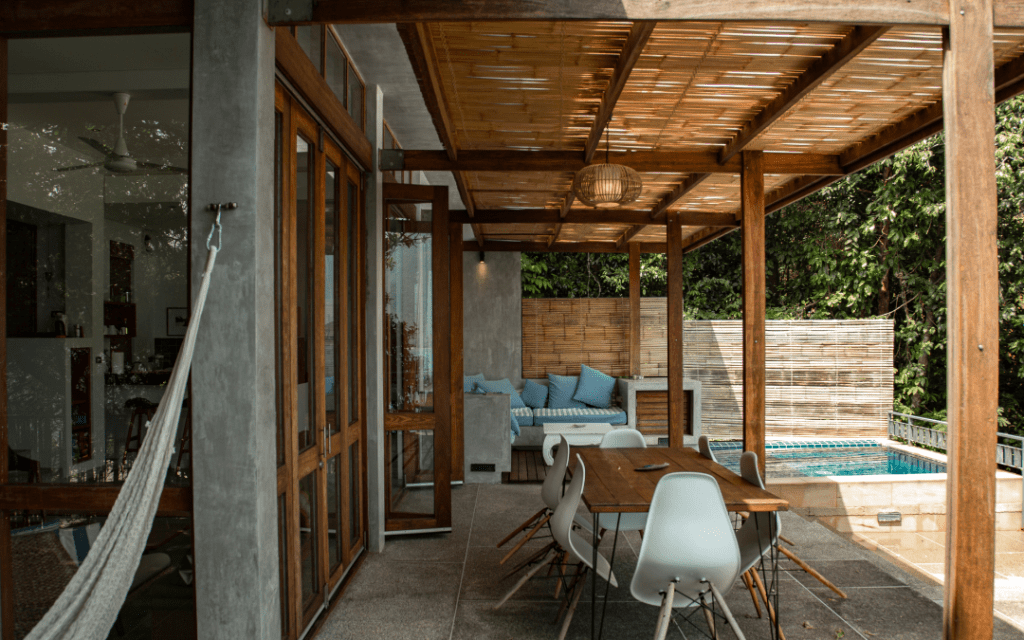
What are the disadvantages of a wooden pergola?
Requires regular maintenance
A wooden pergola requires systematic care. You need to impregnate it, paint or oil it and regularly check the condition of the beams. Without these measures, the structure can quickly lose its functional properties and aesthetic qualities. If you do not feel like regular painting, choose a structure made of aluminium. View our range of aluminium pergolas.
Susceptibility to weathering
Rain, snow, sun and fluctuating temperatures have a real impact on the wooden elements of a pergola. The beams can crack, warp and, if not properly protected, also rot. Much depends on the quality of the material used, the method of waterproofing and the effective protection against water penetration into the structure. It is particularly important to protect the tops of the beams - it is advisable to paint them carefully or cover them with caps to limit the access of moisture. It is also important to keep a distance from the ground so that the timber does not come into contact with damp ground and absorb water by capillary action.
If you don't want to worry about the durability of the structure, choose an aluminium solution. Just make sure it meets the standards of the climate requirements for our region. See our range of aluminium pergolas.
Pest risk
Timber can become a habitat for insects such as woodlice and woodworms, as well as fungi, mould and algae. Moisture in construction joints encourages the growth of micro-organisms that can weaken the structure. Don't want to fight pests? See our offer aluminium pergolas.
Shorter service life than aluminium structures
Wood, even when properly protected, undergoes natural ageing over time. Exposed to moisture, UV rays and temperature changes, it loses its mechanical properties - it can soften, lose its cohesiveness and its surface becomes susceptible to biological degradation. After approx. 10-15 years intensive use, a wooden pergola may require extensive renovation, replacement of components or even the entire structure. In contrast, aluminium pergolas do not absorb moisture, do not corrode (if properly powder coated), do not deform and do not require regular maintenance. They retain their stability, appearance and function for decades without any additional effort on your part. See our range of aluminium pergolas.
Increased weight and installation restrictions
Structural timber, especially in massive sections, is sometimes heavier than aluminium. For larger pergolas, this may mean that more solid foundations or more precise anchoring is required. If you are planning a wall-mounted structure, it is worth making sure that the building wall has adequate load-bearing capacity and that the installation will not compromise the insulation. Lighter aluminium systems can be easier to install and more versatile in these situations. View our range of aluminium pergolas.
Limited protection - only from above
A covered pergola only covers the upper part of the terrace, which means that it does not protect against wind, sideways rain or harsh, low-falling sun. If your terrace is exposed to your neighbours or the street, the lack of siding can also affect your comfort and sense of privacy. However, you can easily remedy this. One of the most common solutions is glass walls or movable terrace blindswhich allow you to regulate the flow of light and air - exactly as you need. Our range also includes sliding and folding buildingswhich allow you to shield yourself only when you really want to. Worried about the "enclosing" effect? Choose a lightweight movable wall system that gives you full control of the space and an impression of openness. See our range of pergola side builds.
Advantages of a wooden pergola
While writing about the disadvantages of a wooden pergola, it is also worth mentioning its strengths. If you want a warm, natural atmosphere on your terrace - wood is perfect for this role. It creates a friendly space for relaxation, blends in well with the greenery of the garden and fits in with both traditional and modern elevations. Importantly each wooden pergola can be made to measureso you have a real influence on its shape, colour, finish and height. The design can be completed with milk polycarbonate roofwhich diffuses light and protects against overheating, while letting in a natural glow. And there's more - wooden pergolas are simply cheaper than aluminium oneswhich is important if you are planning an investment with a specific budget. In our offer you will find solid wooden pergolaswhich we make with durability and comfort in mind.
Rethink your choice - aluminium or wood pergola
A wooden pergola is an aesthetically pleasing but demanding solution. If you want a structure that is durable, weather-resistant and maintenance-free, check out aluminium pergolas. And if you want to enjoy full protection and privacy on your terrace, consider an additional side enclosure.
Call: +48 530 336 595
Write: zadaszenia@otwierane.pl
Website: www.otwierane.pl

